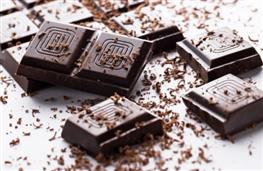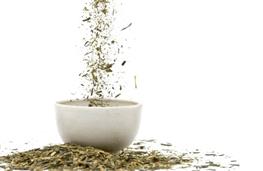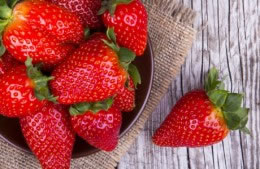Foods High in Polyphenols
Scientists are working on the proposition that dietary polyphenols are a key to protecting your health and preventing disease
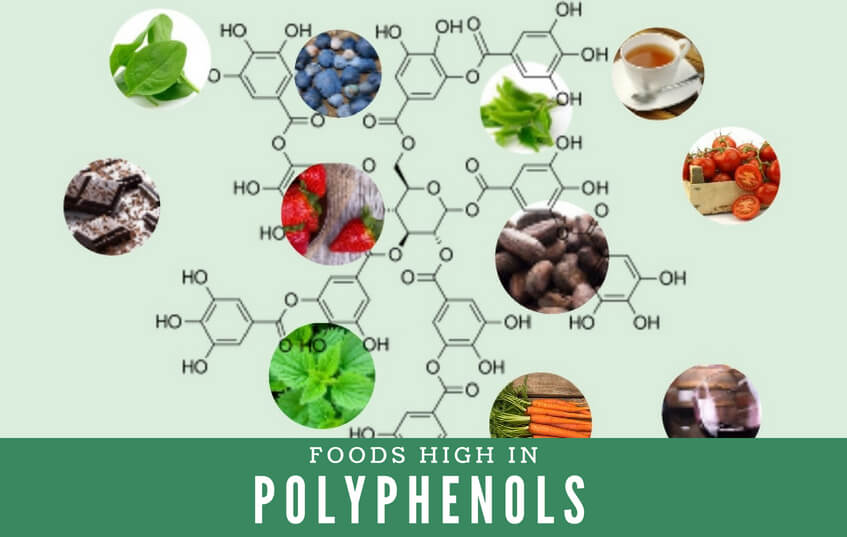
Share
My favourite polyphenols
Flavonoids are by far my favourite group of polyphenols as the highest foods for this group of polyphenols are chocolate and red wine! But before we delve into the list foods high in these polyphenols let’s just take a look at what they are and what they do for you.
Perhaps most interestingly tests have suggested that polyphenols co-ordinate the communication between your cells to benefit your system as a whole (cell signaling).
They are all listed by highest first for an average portion size.
There is a great deal of scientific interest in the protective effects of polyphenols but the conclusions of the research done to date are far from definite. However some human research has shown for example, that quercetin (from onions & apples) significantly reduces the risk of lung cancer and myricetin (from tea, red wine & parsley) reduces the risk of prostate cancer.
What are polyphenols?
Polyphenols are phytochemicals (plant chemicals), these are the chemicals that plants use to defend themselves against bacteria, fungi, viruses and cell damage, and research has shown that these same chemicals can prove equally beneficial to us.Why do they matter to you?
Scientists are working on the proposition that dietary polyphenols are a key to protecting your health and preventing disease.Perhaps most interestingly tests have suggested that polyphenols co-ordinate the communication between your cells to benefit your system as a whole (cell signaling).
Did you know?
Polyphenols and in particular flavonoids:- May help in preventing cancer by enabling the body to get rid of potentially harmful chemicals (carcinogens), and stopping mutations in your cells that can lead to cancer.
- Polyphenols may enable cells to die off when they need to, avoiding the DNA damage that can lead to cancer.
- May stop your body producing the new blood vessels that cancer uses to grow and survive (pathological angiogenesis).
- May also decrease the risk of heart disease by reducing inflammation.
Polyphenol/flavonoid research
- Studies have shown that a higher polyphenol intake provides protection against cognitive decline.
- Other studies have shown that polyphenols protect your skin from damaging UVR.
- Research done on humans has consistently shown that diets high in fruits and vegetables which contain polyphenols, leads to a considerable reduction in the risk of heart disease, stroke, high blood pressure, cancer, osteoporosis and cataracts.
- Recent research has also shown a link between polyphenols and our gut health, with polyphenols having a role in regulating gut microbes.
Top 12 foods high in flavonoids

- Chocolate 70-85% cacao
- Chocolate 60-69% cacao
- Green Tea – Quingmao This particular Green tea is a cut above the others for its polyphenol content
- Shiraz or Syrah red wine, with alcohol or de-alcoholised!
- Blanched nettles – Ok these may sound bad but I went on a foraging trip last week and was amazed by how good they were. Try making pesto with them.
- Cacao beans – this is the unroasted bean that chocolate is made from. You only need 1 ean or 2 grams to get your polyphenol intake for the day!
- Cabernet Sauvignon red wine
- Illawara plums – these are a wild plum so may not be that easy to get hold of, but regular plums are also high on the list.
- Tea – Yep, you can keep drinking your favourite beverage!
- Unsweetened cocoa powder- Yay hot chocolate all the way
- More Red wine, now an average of all the red wines make it into the top 12
- Strawberries, also good for other phytochemicals.
Other polyphenols you may have heard of:
- Beta carotene from carrots
- Lutein and zeaxanthin from dark green leaves such as spinach and kale
- Lycopene from tomatoes
But note:
Whilst polyphenols have been present in the diets of people shown to have a reduced risk of these conditions, it presently cannot be determined whether this protection is directly attributable to polyphenols, or the combination of polyphenols and other micronutrients.There is a great deal of scientific interest in the protective effects of polyphenols but the conclusions of the research done to date are far from definite. However some human research has shown for example, that quercetin (from onions & apples) significantly reduces the risk of lung cancer and myricetin (from tea, red wine & parsley) reduces the risk of prostate cancer.
Polyphenol supplements
Recent research has shown that high supplement doses of phytochemicals or polyphenols can be damaging to DNA, showing that the most beneficial dosage is from natural food sources - see link below.How much should you have?
In the absence of an RDA we have a CheckYourFood starting guideline of 400mg plus per day for adults from as many different food sources as possible.Are you getting enough?
Want to check you are getting enough? If you are not a member of CheckYourFood.com then get your free account here so you can track your food and benefit from daily, weekly and monthly reports.Click here for links to all of the research on flavonoids and polyphenols
Now check these out
Love this? Get blogs and more in your inbox
Subscribe to receive our blogs plus each weeks featured ingredient, recipe and nutrient in your inbox
Thank you for registering

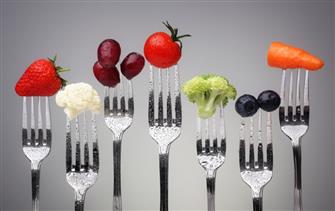 About nutrients
About nutrients
 All nutrients
All nutrients
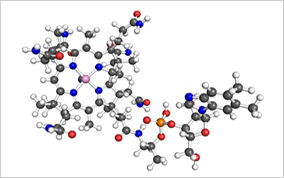 vitamins
vitamins
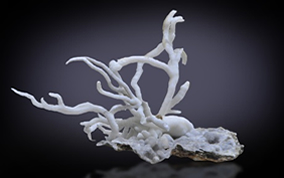 minerals
minerals
 phytochemicals
phytochemicals
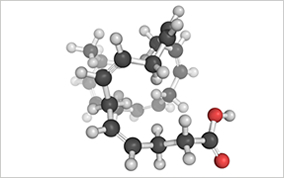 fatty acids
fatty acids
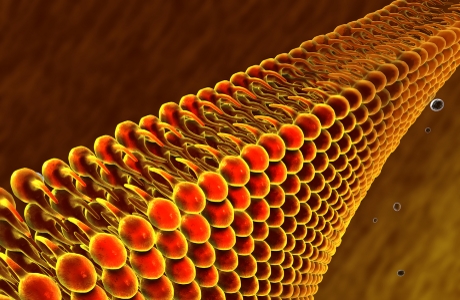 macronutrients
macronutrients
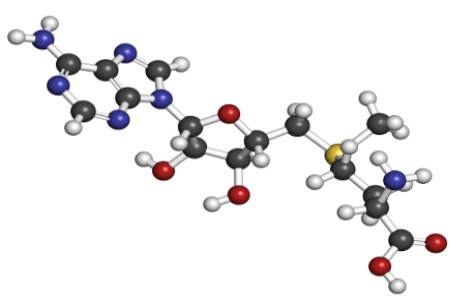 amino acids
amino acids

